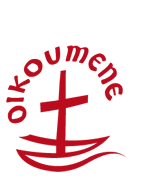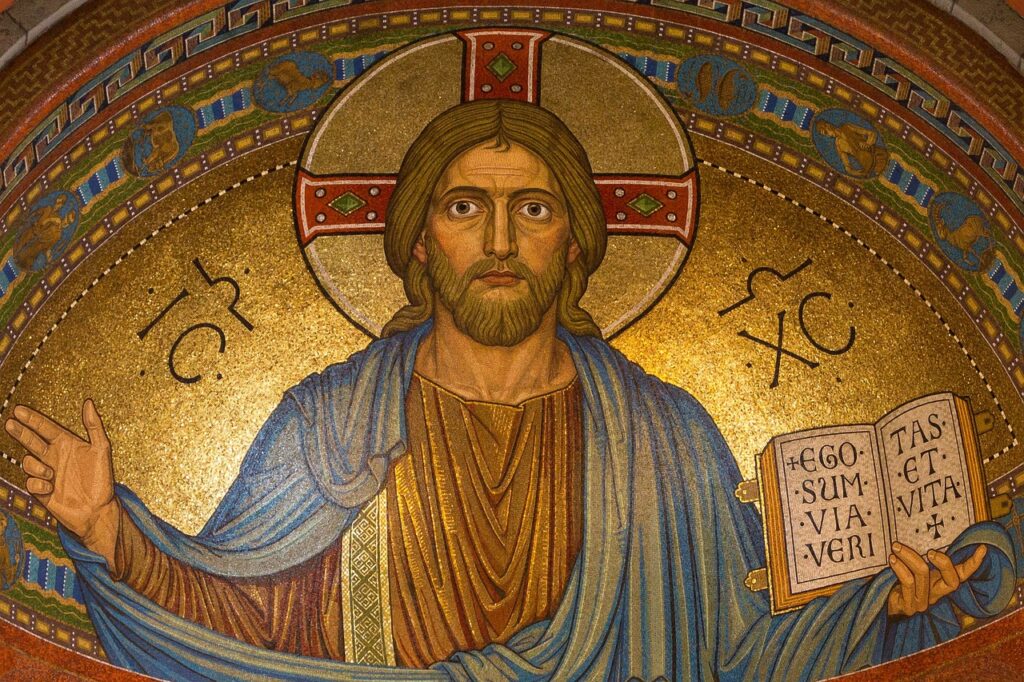World Council of Churches

World Council Of Churches (WCC)
Self-understanding and vision
At its founding assembly In 1948, WCC member churches understood that the new Council was not a church above them, certainly not the church universal or incipient “world church”. They understood it to be an instrument whereby the churches bear witness together in their common allegiance to Jesus Christ, search for that unity which Christ wills for his one and only church, and co-operate in matters which require common statements and actions.

Purpose
Over the years since the Toronto statement was adopted, the issues it addresses have remained on the agenda of the WCC.
The statement in the constitution regarding the purpose of the WCC has developed from the 1948 formulation, “to carry out the work of the world movements for Faith and Order and Life and Work”, to the much more specific language of Nairobi (1975), which speaks of calling “the churches to the goal of visible unity in one faith and in one eucharistic fellowship expressed in worship and in the common life of Christ, and to advance towards that unity in order that the world may believe”; to the even more detailed formulation adopted by the Harare assembly (1998):
“The primary purpose of the fellowship of churches in the World Council of Churches is to call one another to visible unity in one faith and in one eucharistic fellowship, expressed in worship and common life in Christ, through witness and service to the world, and to advance towards that unity in order that the world may believe”.
The basis of the WCC
The WCC’s 1948 inaugural assembly declared: “The World Council of Churches is a fellowship of churches which accept our Lord Jesus Christ as God and Saviour”. Soon this formulation gave rise to questions, and requests for a clearer definition of the Christ-centredness of the churches’ common calling, a more explicit expression of the Trinitarian faith and a specific reference to the holy scriptures. The result was the re-formulation, adopted by the Third Assembly (New Delhi 1961), which still stands:
“a fellowship of churches which confess the Lord Jesus Christ as God and Saviour according to the scriptures, and therefore seek to fulfill together their common calling to the glory of the one God, Father, Son and Holy Spirit.”
Less than a confession of Christian faith and more than a formula, the basis serves as a point of reference for WCC members, a source or ground of coherence. Since the WCC is not itself a church, it passes no judgment upon the sincerity or firmness with which member churches accept the basis or upon the seriousness with which they take their membership. Thus, the basis itself comes under William Temple’s formula: “Any authority the Council will have consists in the weight which it carries with the churches by its own wisdom.”

What WCC Do
The WCC 10th Assembly called the churches to join a pilgrimage of justice and peace. This call sets the direction for the WCC in the coming years. All WCC programmes aim to support the member churches and ecumenical partners to journey together, promoting justice and peace in our world as an expression of faith in the Triune God.
Today the WCC focuses its work in three programme areas:
All programmes share a responsibility for strengthening relationships with member churches and ecumenical partners, spiritual life, youth engagement, inter-religious dialogue and cooperation and building a just community of women and men.
Web: https://www.oikoumene.org
